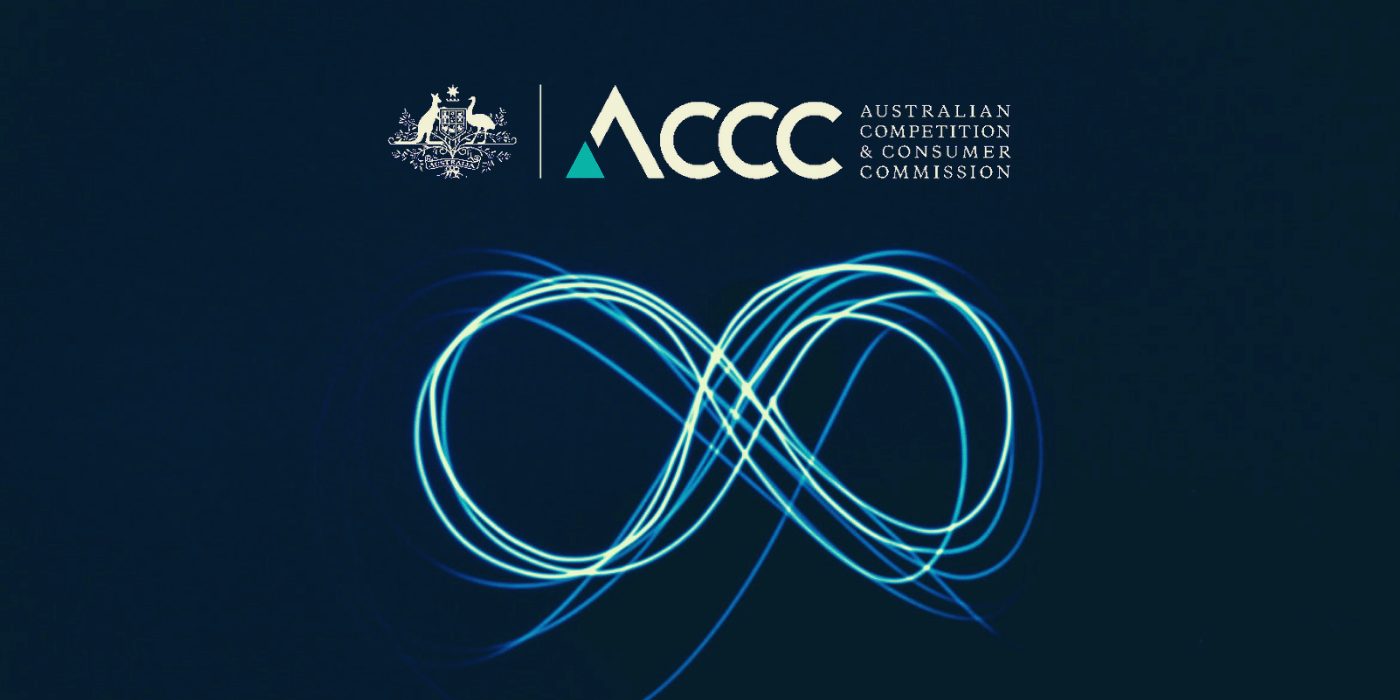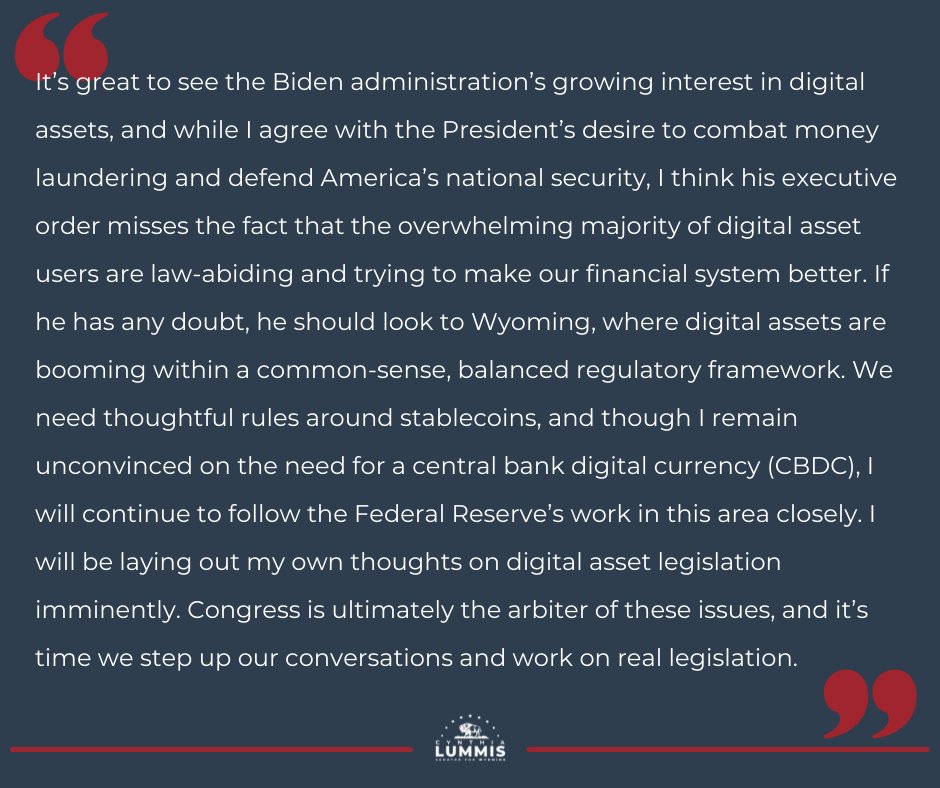The Australian Securities and Investments Commission (ASIC) has warned cryptocurrency companies that they will be held to the same standards as traditional finance companies, as the prospect of digital asset regulation strengthens.
The news was shared by ASIC commissioner Cathie Armour at Blockchain Australia’s crypto conference on March 24.
Higher Crypto Regulations Coming
Armour detailed to conference attendees that the “growing maturity” of the crypto industry means that crypto businesses may need to alter how they interact with the regulator. Businesses looking to offer crypto-related products will be expected to meet the same requirements as all other companies in the wider finance industry.

We’re doing this because we’re keen to maintain our robust regulatory framework. We’re really looking for industry to work closely with us and to do a lot of their own homework to navigate the details.
ASIC commissioner Cathie Armour
This isn’t the first time Armour has bestowed a warning on the financial industry. She has previously stated that Aussie influencers – specifically, “finfluencers” – could face up to five years’ jail time for breaking financial advice laws.
Past ASIC Warnings to Investors
ASIC is repeatedly warning investors about various dubious practices occurring within the financial industry. Most recently, the regulator cautioned against switching to a self-managed super fund (SMSF) to invest in crypto. Following an increase in crypto marketing for “investment opportunites”, Aussies were being “enticed” to switch to an SMSF before investing.
In October 2021, ASIC began joining investor Telegram groups to warn about an increase in pump-and-dump schemes. ASIC contacted one particular private Telegram group of 288 members, involving potentially illegal market tip-offs, to warn those involved that they were being monitored.
In August 2021, ASIC again cautioned Aussies to beware of unlicensed crypto companies. The warning was warranted due to an increase in losses from trading crypto-related products.















